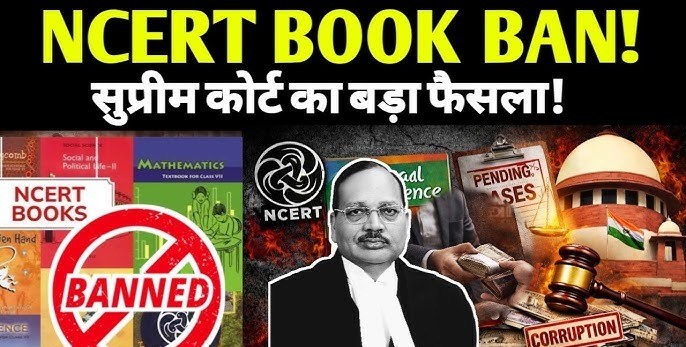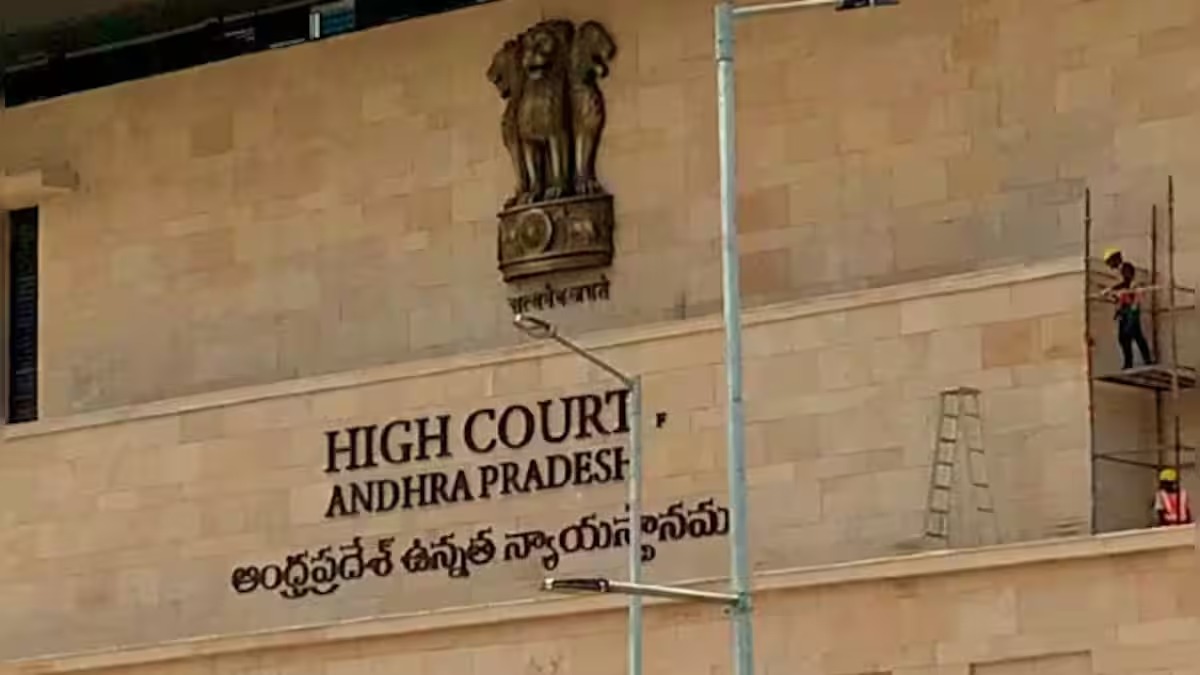Sanjay K. Agrawal, J
1. The substantial questions of law involved, formulated and to be answered in the defendants' second appeal are as under: -
(1) Whether the findings of the First Appellate Court regarding Ex-P/2 is perverse?
(2) Whether the findings of the First Appellate court regarding non-applicability of the notice as required under Section 80 of the CPC are perverse?
2. The plaintiffs/respondents herein brought a suit for declaration of title over the suit land bearing Khasra No.879, area 0.70 acre, and also for
permanent injunction and further declaration that order dated 30-10-1985 passed by the Sub-Divisional Officer (Revenue), Durg under Section 57(2)
of the Madhya Pradesh (Chhattisgarh) Land Revenue Code, 1959 (for short, 'the Code') and further appellate order dated 9-9-1986 passed by the
Additional Collector, Durg and also the second appellate order dated 15-1-1988 passed by the Additional Commissioner, Raipur Division, Raipur, are
null and void.
3. The defendants / State opposed the suit holding that the order of the Additional Commissioner has become final and jurisdiction of  civil court is
barred as such, the plaintiffs are encroachers upon the Government land.
4. The trial Court after appreciating oral and documentary evidence on record came to the conclusion that the plaintiffs are not the title holders of the
suit land and the order dated 30-10-1985 is not null and void and civil court has jurisdiction, but Section 80 of the Code of Civil Procedure, 1908 (for
short, 'the CPC') has not been complied with, therefore, the suit is not maintainable.
5. On appeal being preferred, the first appellate Court held that the plaintiffs are title holders and the defendants / State have waived the plea of
service of notice under Section 80 of the CPC and decreed the suit. In the second appeal preferred, substantial questions of law have been framed
and set-out in the opening paragraph of this judgment.
6. Mr. Arun Sao, learned Deputy Advocate General appearing on behalf of the State / defendants, would vehemently submit that the trial Court has
framed specific issue of compliance of Section 80 of the CPC as issue No.7A pursuant to the order dated 20-3-1992 and rightly held that the suit is
not maintainable for non-compliance of Section 80 of the CPC which has illegally been reversed by the first appellate Court holding that first plea has
not been raised. He would further submit that the first appellate Court has granted the decree on the basis of Ex.P-2, the order of the Additional
Deputy Commissioner, Land Reforms, Durg, dated 23rd June, 1955, which is perverse and contrary to record.
7. Mr. H.B. Agrawal, learned Senior Advocate appearing for the  plaintiffs, would support the impugned judgment & decree and submit that the first
appellate Court has rightly decreed the suit of the plaintiffs.
8. I have heard learned counsel for the parties and considered the rival submissions made herein-above and also went through the record with utmost
circumspection.
9. I will firstly take up the second substantial question of law, whether the findings of the first appellate Court with regard to Section 80 of the CPC
are perverse?
10. Admittedly, the suit was filed against the State by the plaintiffs for the aforesaid reliefs and specifically, declaration was sought that the orders of
the Sub-Divisional Officer (Revenue), the Additional Collector and the Additional Commissioner being the appellate authorities, be declared null and
void, but no plea with regard to non-service of notice was raised. However, the trial Court after hearing the final arguments on 18-3-1992 placed the
case for further argument on 20-3-1992 and on that day framed additional issues as issue Nos.7A and 7B as to whether the plaintiffs have complied
Section 80 of the CPC and asked the parties to lead evidence on the said issues, but both the parties declined to lead evidence holding that the
questions relate to pure question of law and in that view of the matter, the trial Court proceeded with the matter and further recorded a finding that
Section 80 of the CPC is mandatory and for non-compliance, the suit is not maintainable which is supported in law in view of the decision rendered by
the Supreme Court in the matter of State of A.P. and others v. Pioneer Builders, A.P. (2006) 12 SCC 119 Â in which their Lordships have held that
service of notice under Section 80(1) of the CPC is a condition precedent for the institution of a suit against the Government or a public officer, it
imposes a statutory and unqualified obligation and in absence thereof, suit is not maintainable, except where Section 80(2) of the CPC applies.
11. In appeal, the said finding has been reversed by the first appellate Court on the ground that firstly, no plea has been taken with regard to non-
compliance of notice and secondly, in a suit filed under Section 57(3) of the Code, Section 80 of the CPC would not be applicable. Both the findings
recorded by the first appellate Court are clearly perverse as though no plea of non-compliance of Section 80 of the CPC was taken, yet, the trial Court
framed issues in the shape of issue Nos.7A & 7B and allowed the parties to lead evidence and thereafter, recorded a finding that the suit is not
maintainable for want of notice under Section 80 of the CPC.
12. The Supreme Court in the matter of Union of India and others v. West Coast Paper Mills Ltd. and another (III) (2004) 3 SCC 458 has excluded
the notice period of two months required by Section 80 of the CPC under Section 15(2) of the Limitation Act while computing the period of limitation
for filing suit holding that service of notice under Section 80 of the CPC is mandatory for instituting suit and held as under: -
12. ... Firstly, the period of two months required by Section 80 of the Code whereunder notice is mandatorily required to be given before filing the
civil suit has to be  excluded from computing the period of limitation under sub-section (2) of Section 15 of the Limitation Act, 1963.
13. This Court in the matter of State of M.P. (now C.G.) v. Dinesh Kumar Khare 2015(1) C.G.L.J. 83, following the principle of law laid down in
West Coast Paper Mills Ltd.'s case (supra) has held that notice period under Section 80 of the CPC has to be excluded while computing the period of
limitation for institution of such suit against State/ Public Officer and the notice period has to be excluded while computing the period of limitation of
one year for institution of suit under Section 57(3) of the Code.
14. Accordingly, it is held that notice period under Section 80(1) of the CPC has to be excluded while computing the period of limitation of one year
prescribed under Section 57(3) of the Code.
15. In view of the above, the findings recorded by the first appellate Court with regard to Section 80 of the CPC are perverse and are accordingly set
aside. The second substantial question of law is answered accordingly.
16. Coming next to the document Ex.P-2 which is an order passed by the Additional Deputy Commissioner, Land Reforms, Durg, on 23 rd June, 1955,
settling the land in occupancy right in favour of the plaintiffs' father - Parmanand Agrawal, it is the case of the State / defendants that the land is
vested in the State under the provisions of the M.P. Abolition of Proprietary Rights (Estates, Mahals and Alienated Lands) Act, 1950 and the plaintiffs
have no right and on encroachment proceeding having been initiated the Sub-Divisional Officer (Revenue), Durg, on 3-10-1985 has rejected the
application filed by the plaintiffs under Section 57(2) of the Code which has been affirmed by the Additional Collector, Durg on 9-9-1986 in appeal and
by the Additional Commissioner, Raipur Division, Raipur on 15-1-1988 in second appeal. In fact, Section 57(2) of the Code is the power of the Sub-
Divisional Officer (Revenue) to decide the dispute between the State and the private person. Though the plaintiffs have questioned that order, but
have not produced the copy of the order of the Sub-Divisional Officer (R) and other two appellate orders which are effective and binding between the
parties. The plaintiffs cannot get any relief without producing and declaring those orders to be illegal and void. As such, without setting aside the order
of the Sub-Divisional Officer (Revenue) under Section 57(2) of the Code and that of the two appellate authorities affirming the said order, the first
appellate Court is absolutely unjustified in granting decree on the basis of Ex.P-2. The said finding is perverse and contrary to record. The first
substantial question of law is answered accordingly.
17. As a fallout and consequence of the aforesaid discussion, the judgment decree of the first appellate Court is set aside and that of the trial Court is
restored. The second appeal is allowed answering the substantial questions of law in favour of the defendants and against the plaintiffs. There will be
no order as to cost(s).
18. A decree be drawn-up accordingly.

